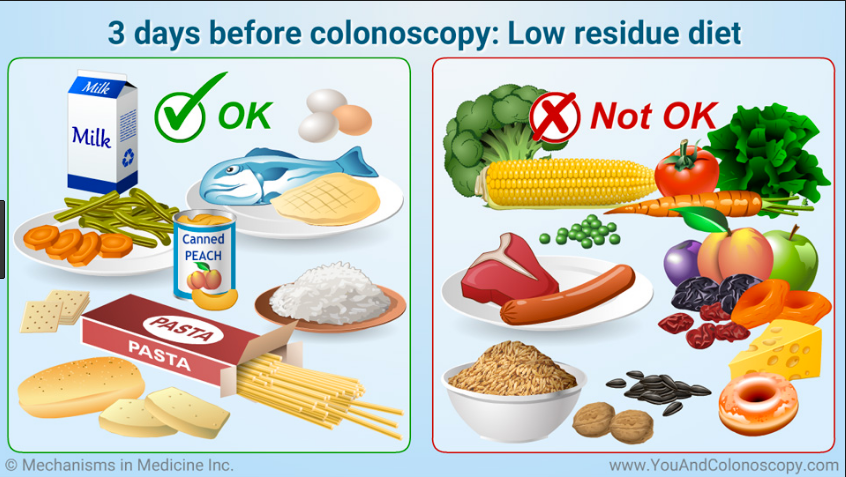
Essential Guide to Urinary Diet for Cats in 2025
As cat owners, ensuring our pets have optimal health is a priority. One critical aspect of feline health is their urinary system, which can be affected by various factors including diet, hydration, and stress levels. In 2025, the importance of a balanced urinary diet for cats has become even more evident, with numerous studies highlighting how specific dietary choices can mitigate issues like urinary crystals and infections. This guide explores various aspects of urinary health for cats, providing insights on how to best manage their dietary needs while promoting overall well-being.
Understanding cat urinary health is crucial in preventing problems related to their urinary tract system. This article will cover the best food options available, the significance of hydration, and tips for preventing urinary crystals in cats. We will also discuss homemade recipes and veterinary diets that can support your cat’s wellness and mitigate urinary health issues.
Throughout this guide, we aim to empower you with the knowledge needed to make informed dietary choices for your furry friend, ensuring they enjoy a healthier, happier life.
Understanding Feline Urinary Health
What Is Cat Urinary Health?
Cat urinary health refers to the overall health of the urinary system, including the kidneys, bladder, and urethra. It's essential for cats to maintain a healthy urinary tract to avoid common issues such as blockages, urinary tract infections (UTIs), and the formation of crystals. A well-functioning urinary system allows for proper waste elimination and prevents discomfort or severe health issues.
Importance of Hydration for Cats
Hydration plays a vital role in supporting cat bladder health and preventing urinary issues. Cats are notorious for not drinking enough water, which can lead to concentrated urine and increased risks of urinary crystals. Wet food benefits for cats, due to its higher moisture content, can significantly improve hydration levels. Additionally, providing fresh water daily and considering cat hydration tips, such as using water fountains, can encourage better drinking habits.
Common Signs of Urinary Issues
Recognizing the signs of urinary issues is crucial for early intervention. Some common symptoms include frequent urination, straining to urinate, blood in urine, excessive licking of the genital area, and signs of pain or discomfort while urinating. If you notice these indications, it’s essential to consult with a veterinarian for proper examination and preventive strategies.
Managing Cat Urinary Issues
Managing cat urinary issues often requires a multifaceted approach involving dietary changes, regular veterinary check-ups, and lifestyle modifications. Low purine diets for cats may be recommended to reduce urinary crystals while pH balanced cat foods can help maintain the right urinary pH levels. Additionally, incorporating urinary health supplements for cats can provide additional support.
Professional Vet Recommendations
Veterinarians often recommend specific dietary plans for managing urinary health issues in cats. Prescription cat food for urinary health typically includes formulated options designed to dissolve existing crystals and prevent their formation. It's important to understand how to read cat food labels to identify appropriate ingredients that support urinary health.
Building a Healthy Urinary Diet
Types of Cat Food for Urinary Health
When it comes to selecting the best urinary food for cats, owners have a variety of options ranging from commercial to homemade diets. Commercial urinary cat diets are often fortified with antioxidants and low in specific minerals that can exacerbate urinary issues, such as magnesium. On the other hand, homemade recipes for urinary health can allow more flexibility but must meet a cat’s nutritional needs. It is advisable to work with a veterinarian to ensure a homemade diet is balanced and effectively supports urinary health.
Benefits of Wet Food vs. Dry Kibble
One primary consideration in your cat's diet is the choice between wet food and dry kibble. Wet food generally contains higher moisture, aiding in hydration, which is crucial for preventing urinary issues. Conversely, dry kibble can be more convenient for some pet owners but may contribute to dehydration, thus potentially exacerbating urinary problems. It’s essential to evaluate the benefits of wet cat food while understanding how to incorporate it into your cat's diet effectively.
Integrating Dietary Fiber for Urinary Health
Including dietary fiber in your cat's diet can be beneficial for urinary health due to its role in digestive health and weight management. Managing cat obesity is essential, as overweight cats are at higher risks for urinary tract issues. Foods fortified with dietary fiber can help prevent obesity, thus alleviating pressure on the urinary tract.
Preventing Recurring UTIs
To combat recurrent urinary tract infections, it is vital to focus on diet and stress management. Managing stress-related urinary issues—such as anxiety-induced urination issues—can also be helpful. Incorporating calming techniques and ensuring a stress-free environment can significantly influence your cat's urinary health.
Monitoring Your Cat’s Urinary Health
Regular monitoring of your cat's urinary health is crucial. This includes observing your cat's drinking behaviors, urination patterns, and any changes in health. If changes are noted, it’s important to consult a veterinarian who can recommend specific urinary health monitoring strategies for senior cats or adjustments in diet accordingly.

Homemade Urinary Diets for Cats
Creating a Home-Made Urinary Diet for Cats
For those interested in a more natural approach, a home-made urinary diet for cats can be a great solution. Recipes should focus on high moisture ingredients such as wet proteins (chicken or fish) and vegetables that provide hydration. Always ensure to avoid ingredients known to worsen urinary issues, such as certain types of fish that are high in purines or those containing excessive minerals.
Essential Nutrients in Homemade Recipes
In creating your homemade recipes, it's essential to incorporate crucial nutrients, including proteins, vitamins, and minerals, that are beneficial for urinary health. Balancing these nutritional needs is vital for holistic cat health, ensuring that every meal contributes positively toward minimizing urinary risks.
Foods to Avoid for Urinary Problems
Recognizing foods that contribute to urinary issues is part of managing cat urinary health. High sodium foods, certain grains, and excessive protein can lead to crystals and stones. Educating yourself on ingredients to avoid for urinary health can help prevent potential health problems down the line.
Hydration Methods for Cats
Ensuring your cat stays hydrated is fundamental, especially when on dry diets. Investigate the best hydration methods for cats, such as providing multiple water bowls, using water fountains, or incorporating wet foods that encourage drinking. Additionally, monitoring your cat's hydration and recognizing signs of dehydration is crucial for their overall health.
Benefits of Supplementing with Urinary Health Products
Incorporating cat urinary supplements can enhance your cat's urinary health. These products can support overall urinary tract function and help to prevent issues before they start. Discussing with your veterinarian about which probiotics or urinary acidifiers for cats might be appropriate for your pet can yield positive results.
Conclusion: Building a Better Future for Cat Urinary Health
Adopting a proactive stance on your cat's urinary health can drastically improve their quality of life. Understanding the factors involved—from choosing the right cat food and ensuring hydration to recognizing symptoms of urinary issues—is essential in fostering a healthy feline lifestyle. Keeping an eye on dietary preferences, incorporating both commercial and home-made solutions, and remaining engaged in veterinary check-ups are integral steps toward preventing urinary problems.
For a balanced approach, consider discussing each element of your cat’s urinary health with your veterinarian. By doing so, you can ensure your cat remains healthy and minimize risks associated with urinary issues. With the right diet and care strategies in place, you can help your furry friend lead a happier, healthier life.
 ```
```